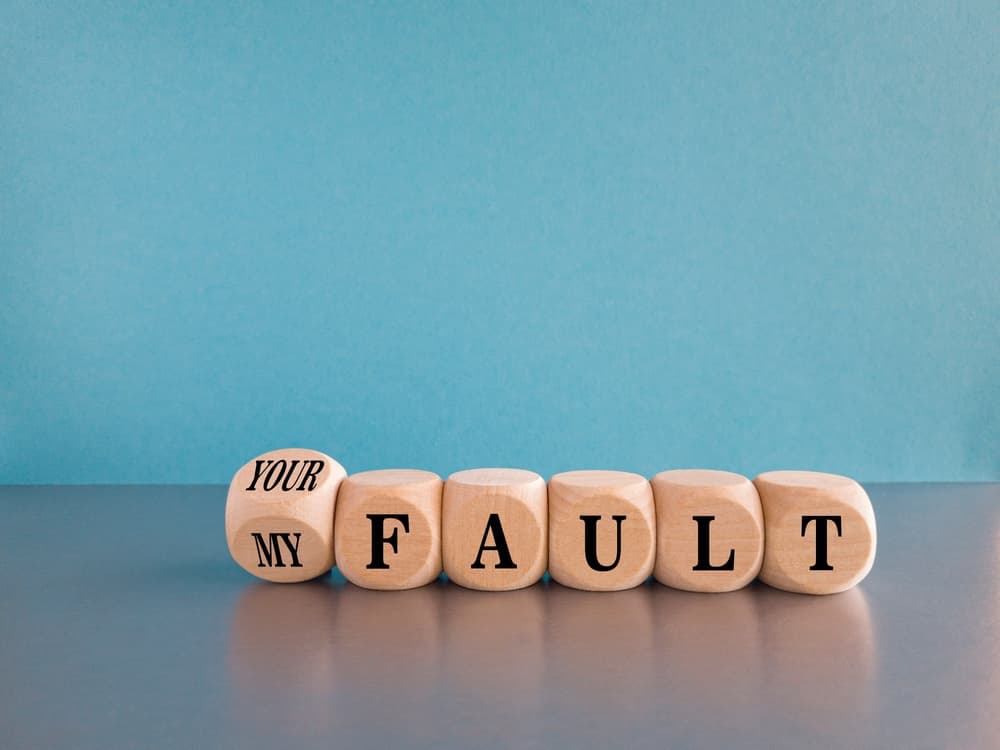Many people injured in auto accidents, dog attacks, trip-and-fall accidents and slip-and-fall accidents resolve their cases by settling instead of proceeding to a verdict. Settlement may offer you the opportunity to acquire much-needed financial compensation without the stress and time that must be invested in pursuing a case all the way to a verdict. Your settlement will almost certainly come with a settlement agreement, which will probably contain some limitations about what you and your opponent can and cannot say about your case. It is very important to have a skilled San Mateo injury attorney by your side and that you understand and follow those contractual requirements. And, if your opponent does not follow them, then you may be entitled to recover additional compensation for your opponent’s breach of the contract.
Here’s an example from Southern California. E.L. and M.J. were neighbors in Los Angeles County. The neighbors’ legal battle began after E.L.’s dog killed M.J.’s cat. Each neighbor hired an attorney and, ultimately, the two neighbors agreed to a settlement where the dog owner paid the cat owner $2,000. The settlement agreement also contained a clause that said that neither neighbor was allowed to disparage the other.
Sometime after the two neighbors signed the agreement, E.L. posted a “hostile message” about M.J. on the website Nextdoor.com. M.J. then responded by suing E.L. (again.) This time, he sued for defamation, as well as breach of contract.
E.L. responded by trying to get the case thrown out of court based on a California law called the “anti-SLAPP” statute. SLAPP is an acronym that stands for “Strategic Lawsuit Against Public Participation.” The anti-SLAPP law says that using the civil litigation process simply to try to stifle another person’s free speech rights about matters of public interest isn’t permissible. In order for the law to apply, though, the subject must, as noted, be something that’s genuinely a matter of public interest.
In the neighbors’ conflict, the court denied the defense motion to dismiss. The court rejected the anti-SLAPP argument because the subject matter, a “feud” between two neighbors, wasn’t a matter of public interest.
What does this cat-and-dog feud have to do with my injury case?
The vast majority of settlement agreements – whether the cases they’re resolving are dog-bites-cat, slip-and-fall, trip-and-fall or vehicle accident – will contain a provision that limits what you can say about the case, your opponent and or the settlement. The clause may say the parties cannot disclose how much money you received, it may say that the parties cannot disclose the details of your injuries, it may say that the parties cannot disparage one another, or it may say all of these things.
Once you’ve signed that settlement agreement, you are bound by its terms just the same as any other contract. If your opponent discloses any piece of information that both sides promised to keep secret, then your opponent can potentially be liable to you (and owe you additional compensation) on the basis of having breached the agreement you signed. If your case is a lawsuit between private individuals, as many vehicle accident, dog bite and premises liability cases are, then the facts of your lawsuit are very likely not a matter of public interest and the anti-SLAPP motion would not block you from pursuing your breach of contract case.
Whether you are deciding whether or not to settle your personal injury case, working out a settlement agreement in your personal injury case or seeking to enforce the settlement that you already signed, you need the right legal counsel on your side. Rely on the knowledgeable San Mateo injury attorneys at the Law Offices of Galine, Frye, Fitting & Frangos. Our experienced attorneys have spent many years helping families use the legal system to get the results they need. To set up a free consultation with one of our experienced attorneys, contact us at 650-345-8484 or through our website.
How a Violation of a ‘Non-Disparagement’ Clause in a California Settlement Agreement May Allow You To Recover Additional Compensation


